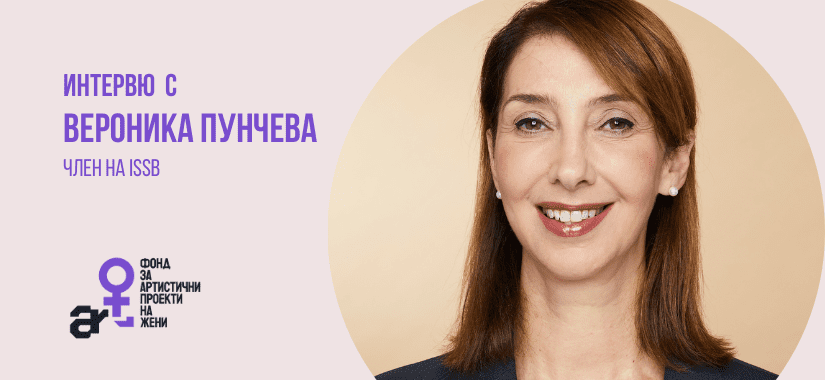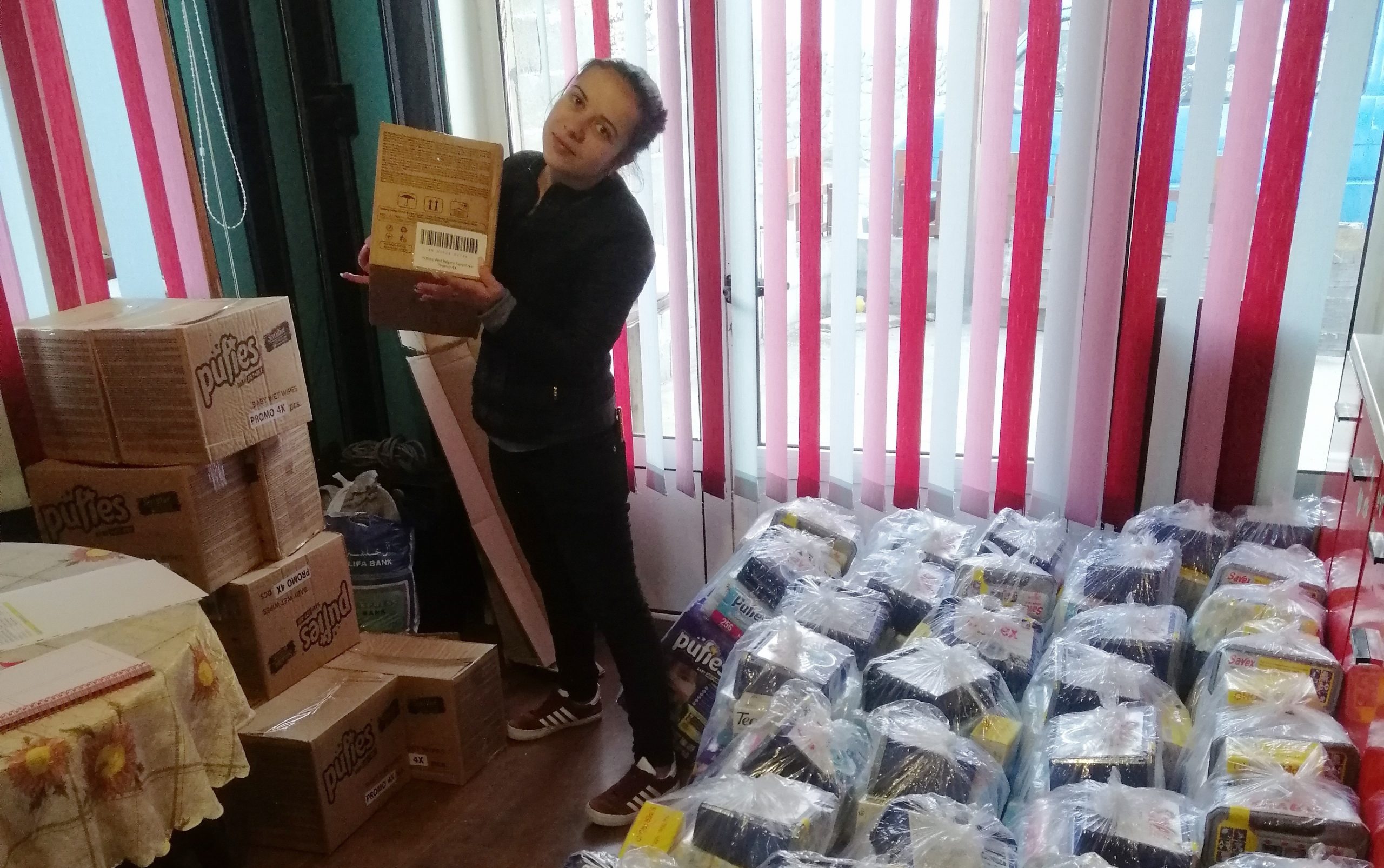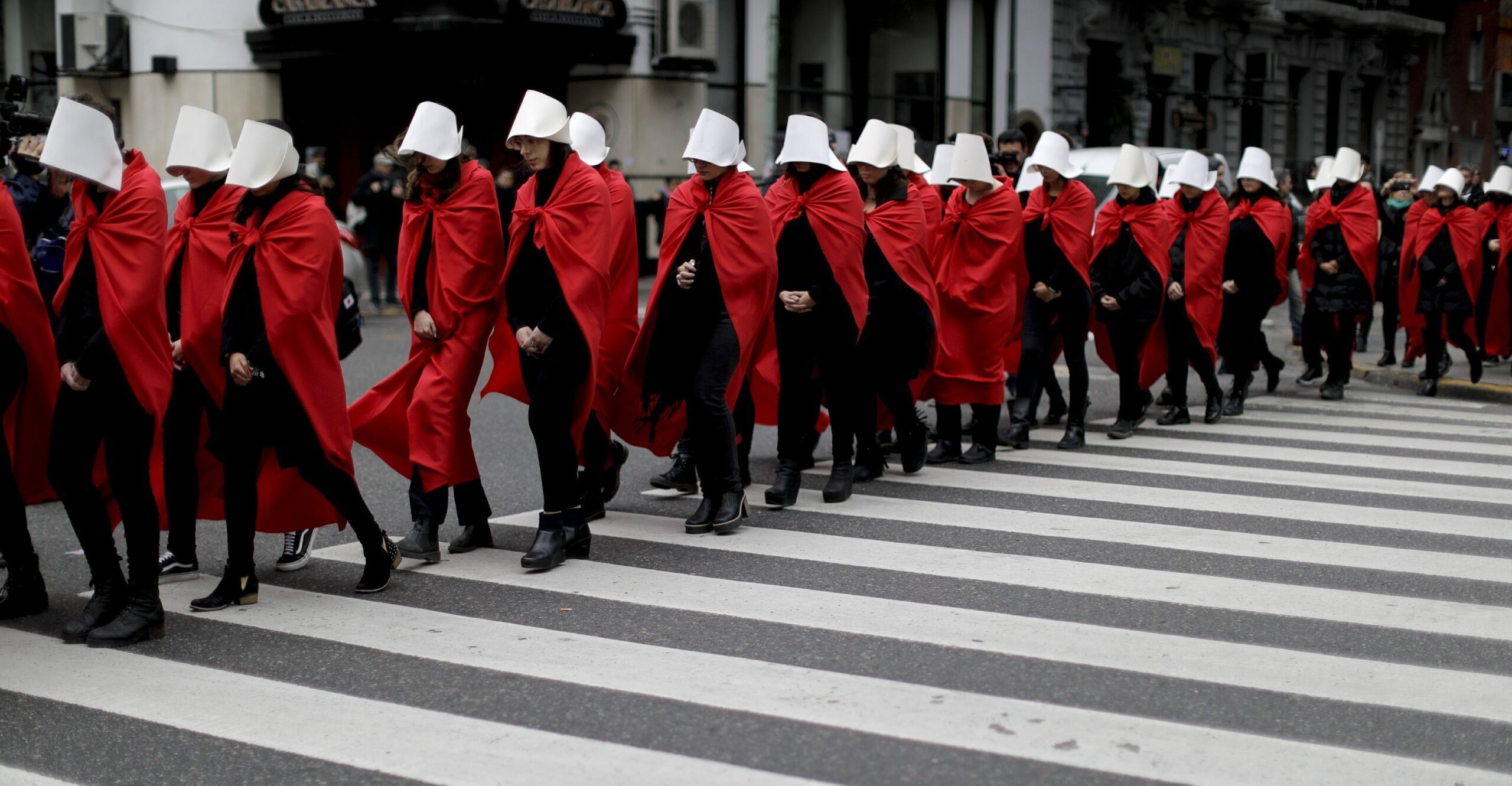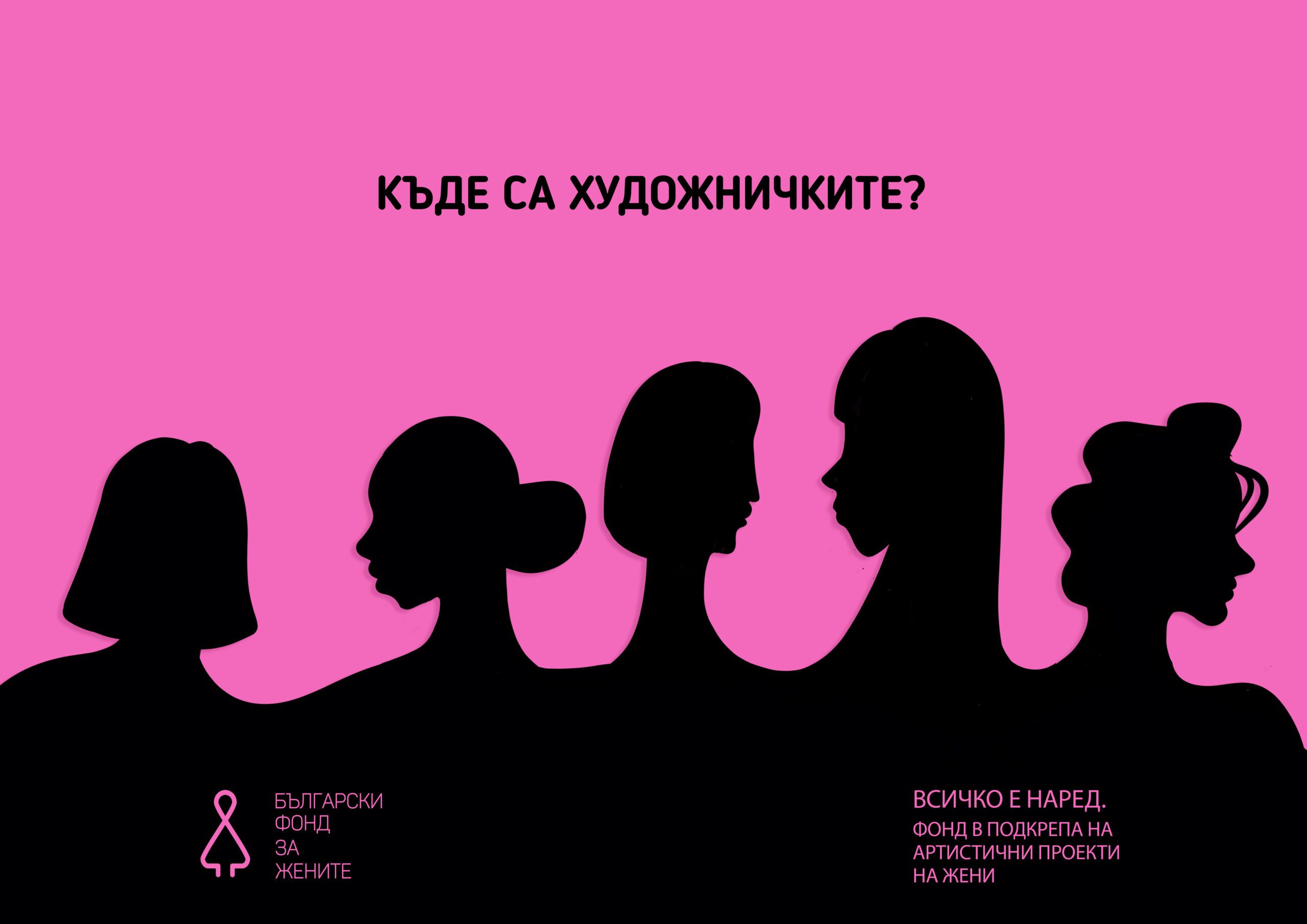Author: Natasha Dobreva
Bulgaria reports to the UN every four years on its progress in protecting women’s rights, following the monitoring mechanism of the Convention on the Elimination of All Forms of Discrimination against Women (CEDAW, ratified in 1981). On March 2, 2020 another monitoring cycle was completed, with a number of recommendations and guidance to the government over the next 4 years. The Bulgarian Fund for Women participated in the process with a Shadow Report. Some of the Fund’s recommendations were taken into account and issued towards Bulgaria.
The UN recommendations are very specific and clear. Some of them are: providing state funding for shelters for victims of violence; state investigation of average bodily injury between spouses – on a legal occasion, not on the victim’s complaint; compulsory reproductive health and rights education in school curriculum; ban on politicians from using sexist language; self-regulation of the media against hate speech; investigating and punishing men who cohabit with minor girls; temporary quotas in public schools that reserve places for girls in male-dominated majors; mandatory training for judges and prosecutors on the CEDAW Convention and many more.
Of course, the most predictable, general recommendation is to ratify the Council of Europe Convention on Prevention and Combating Violence against Women and Domestic Violence (2011) and the International Labor Organization’s Convention on Violence and Harassment (2019). As an introduction, the UN urges Bulgaria to recognize women as a driving force for the country’s sustainable development and to pursue policies accordingly.
A significant part of the recommendations concerns the activities of civil society organizations, the dangerous environment in which they work, “insufficient financial support” and the need for the state to support and partner with them. The UN urges the Bulgarian government “to financially support civic organizations providing support to women facing discrimination, gender-based violence and offenses, while ensuring that the Member State retains its primary responsibility to provide protection, rehabilitation, reintegration and related services to these women. “In particular, the instruction is to allocate money from the state budget to existing centers for women victims of violence, to expand or open new ones, and to strengthen government cooperation with organizations providing social services to such women“.
The UN is in a position to demand this commitment
so directly from the government, as the fundamental human right – the right to
life – depends on its implementation. Victims of domestic violence suffer from
systematic, ongoing and escalating abuse and coercion before being killed, and
one of the factors that keeps them at home is the lack of alternative housing,
the lack of supportive environment from friends and relatives, and the economic
dependence.
The state shelters provide all this, through sleeping compartments and basic sanitary facilities, on the one hand, and through the professional expert assistance of psychologists, lawyers and social workers, on the other. At present, however, in Sofia – with an official population of 1 million and 300 thousand – there is only one crisis center for adult women, with 8 beds. The UN is guided by the understanding that shelters save lives.
Also, through access to lawyers, shelters guarantee access to justice. On this point Bulgaria was criticized for the fact that average bodily injury caused by spouses is not investigated by the Prosecutor’s Office unless there is an explicit complaint by the victim. With this condition, the Penal Code directly discriminates against married women, placing them in a less favorable position than unmarried women. The UN recommends the allocation of specialized judges to deal with the rape cases – if it was done by a spouse or family partner.
Concerning women detained in psychiatric hospitals, the UN calls for an effective means of reporting violence against them, such as the direct admission of their petitions by the court, even when their guardian’s signature is missing.
Criticism is also expressed on the lack of control in obstetric and gynecological wards of Bulgarian hospitals over causing unnecessary physical pain and verbal abuse against pregnant women.
The UN has specifically instructed the government to create a database and systematically collect statistics on homicide, personal injury, abduction and rape in the context of domestic violence, broken down by gender, age, disability, nationality and connection between the victim and the perpetrator. The Supreme Cassation Prosecutor’s Office maintains such statistics only with regard to the crime of trafficking in human beings, but the killings of women are counted by the non-governmental sector, for example on the website https://ubita.org/ maintained by the Bulgarian Helsinki Committee.
The most important and repeated UN appeal to Bulgaria remains to “hide” victims from perpetrators in shelters: “to increase the number of accessible state-run shelters, in urban and rural areas, and in consultative and rehabilitation services throughout the country … to distribute funding to civic organizations providing affordable shelters and support services for victims of gender-based violence.” The fact that the State delegates subcontracting activities to non-governmental organizations is not a fundamental problem for the UN, on the contrary, precisely because the expertise of these organizations is appreciated, it calls on the state to support them with money instead of seeking a (cheap) way to replace them.
After the theme of protecting the lives and physical integrity of women, the UN ranks second of importance the topic of their participation in political life, given that “the full, equal, free and democratic participation of women on an equal footing with men in political and public life is a requirement for full realization of women’s human rights.” In this regard, the UN recommends “special temporary measures such as statutory quotas and systems for gender equality in the civil service” and “increase of female members of the parliament”.
The high number of early pregnancies and births have special focus in the UN report as a distinctive problem for Bulgaria, inextricably linked to the lack of a compulsory subject in the school program on sexual health and rights, and the lack of training for teachers in these topics. The UN establishes that Bulgarian girls have limited access to cheap, modern means of pregnancy prevention, especially in rural areas; the teenagers encounter barriers to information about reproductive health services. Accordingly, the UN directs the Bulgarian government to introduce compulsory, age-appropriate education on sexual and reproductive health and rights in the curriculum, including training on modern forms of pregnancy prevention, prevention of sexually transmitted diseases and the risks of criminal abortion. Outside of the education system, the UN also recommends that the government intensively implement health programs and information campaigns to ensure that all women and girls, including those from disadvantaged groups and rural areas, have access to available and modern contraceptives.
The UN is concerned that 24% of women in Bulgaria are at risk of poverty and in particular single women. There is no information on low-threshold households headed by women and the impact of social programs on the economic situation of low-income women. In this regard, the UN directs the government to collect statistics on poverty line of households headed by women and to strengthen programs to combat the feminisation of poverty.
Finally, the UN urges the government to
rapidly disseminate this report with recommendations, in Bulgarian, to the
Council of Ministers, the National Assembly, the judiciary, municipalities,
etc. The next periodic report of Bulgaria on the implementation of these recommendations
is expected to be made in February 2024. For failure to fulfill obligations
under the Convention that led to specific offenses, women can file complaints
with the UN against Bulgaria.
The full text of the English language recommendations is available here
Image: Pixabay.com



































